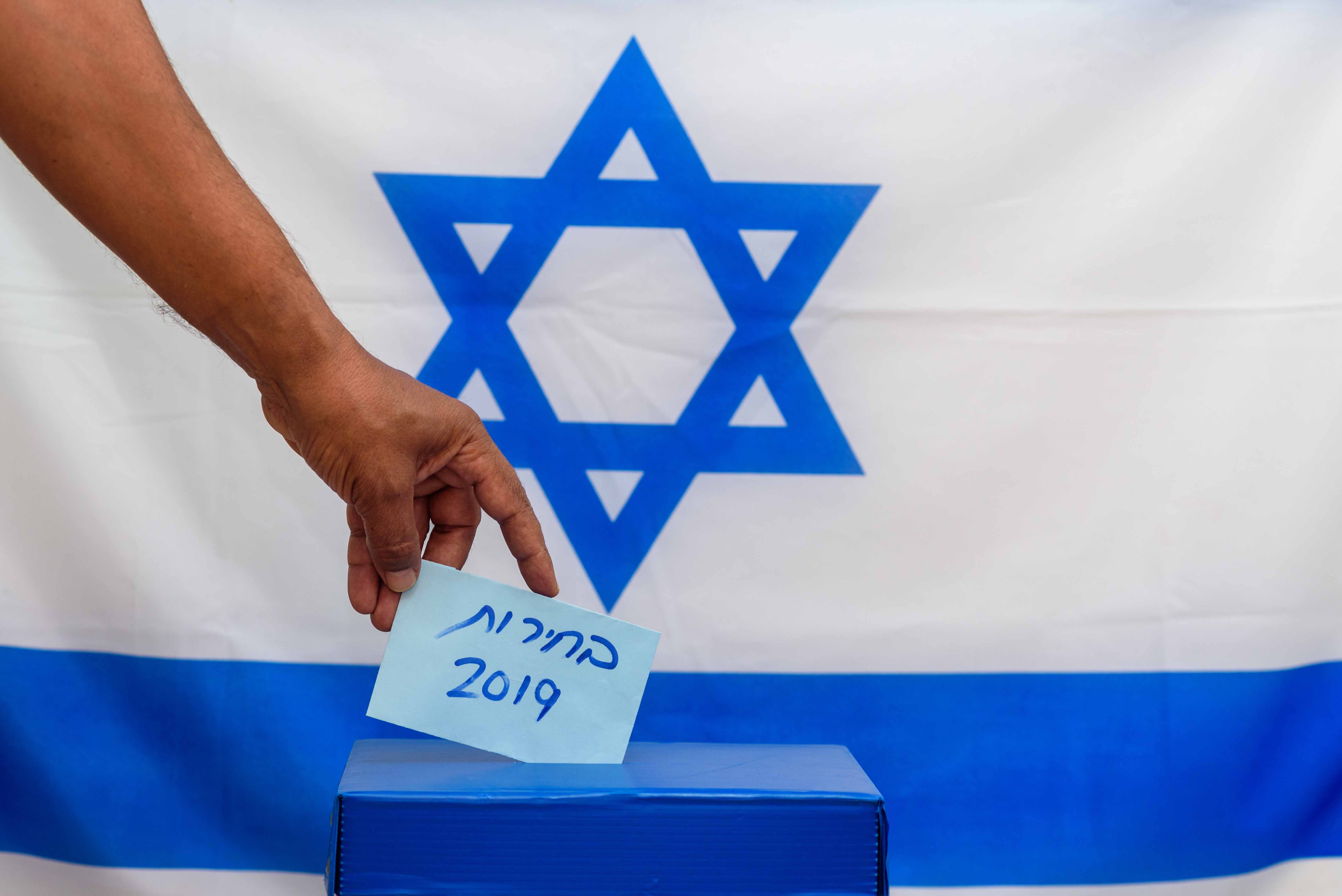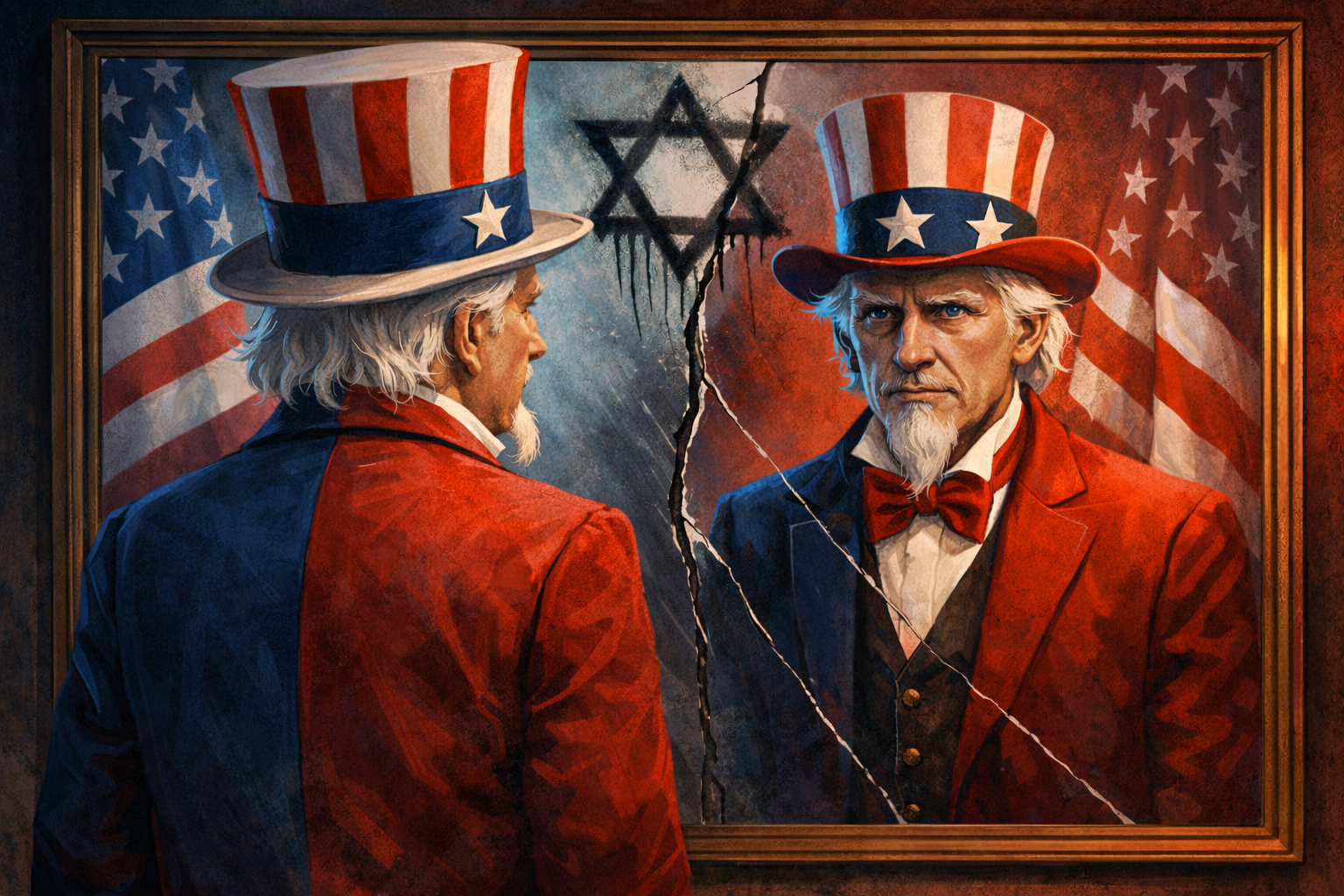12 September 2019
Ethan Liebnick
Texas Jewish Post

Regardless of whether or not you have Israeli family or friends or even someone just involved with the country’s politics, you have likely been hearing about an upcoming election on Sept. 17 (see pages 10-11 of this week’s TJP for more information). And if you are confused about how there is already another election after the last election in April, here is a breakdown on everything with the Israeli electoral system, from the Knesset to the president.
Despite the fact that the Knesset is elected to a four-year term, with a majority vote, it can be dissolved with a Knesset dissolution bill that both dictates that the present representatives will no longer be in power and states when a new election will take place. On April 9 the latest election created the 21st Knesset, which serves as the legislative branch of the government. Similarly to the Senate or the House in the U.S., the Knesset creates laws that are then approved or vetoed. However, instead of a president operating from their own executive branch to approve or veto these measures, the Israeli prime minister, who is chosen based on the party leaders in the legislative branch, has that power. Since Israel has such a variety of different parties beyond a bipartisan system, it is nearly impossible for one party to have a majority vote. Therefore, at the end of elections, the president meets with the leading party and their leading Member of Knesset (MK) to discuss forming a coalition with other parties that together represent the majority of the 120 seats in the Knesset. If in 28 days, with a maximum extended time of 42 days, the party can successfully form a coalition between parties over similar goals representing the majority of the seats in the Knesset, then a new government is formed with elected ministers from each party.
So what happens when a party cannot successfully create a majority coalition and government? The majority of the time the president has very limited power and is similar to a figurehead like the queen of England, but during the unsuccessful creation of a new government, the president plays an important role. First, they can give the largest party’s leading MK an extended time of 14 days to continue discussions with other parties to form a coalition. However, if it is clear that negotiations have failed, then the president can ask a different party’s leading MK to attempt to create their own coalition and form a government, which is common after elections where two large parties win a similar number of seats. This takes us to May 30, when Benjamin Netanyahu, the prime minister and leading MK of the Likud party, officially reached the end of his extended time to form a majority coalition. Normally, this would have resulted in the country’s President Reuven Rivlin approaching Benny Gantz, the leading MK of the Blue and White party, to form a coalition and government. However, before this could happen, the Knesset decided to pass the 21st Knesset Dispersion Law and dissolve the current legislature in favor of another election.
So what can we expect from this upcoming election and why is it controversial? The dissolving of the current Knesset is not something so out of the ordinary, and occurs fairly frequently when a party in the coalition feels it is not being properly represented. What makes this event different is how soon the dissolution occurred after the April elections. Because of this, one of the main issues politicians are concerned about is the possibility that voter turnout could be much lower. Israel historically has a very high voter turnout rate, with 68.5 percent of the eligible voters participating in the April elections. However, with very little time for parties to campaign successfully, voters may believe that their party will fail to form a coalition again and not see a reason to vote.
While it may seem excessive to have such a direct way to dissolve a coalition or government, the Knesset has the ability to provide its own checks and balances. In a coalition, it is ensured that all parties involved will have their voice heard to some degree to prevent parties from pulling out of the coalition and bringing down the government. In this way, while Israeli governments tend to lean either right or left, there is always a representation from multiple parties. Voters may not always directly influence the election of their prime minister; however, they always influence which party’s voice is heard.
Ethan Liebnick, a senior at Plano West, is the 2019-20 StandWithUs High School intern. He is the son of Nicole and Matthew Liebnick, a member of the executive council of Plano West’s student congress and recent past president (Godol) of Morton Lewis AZA.
Read the entire article.




